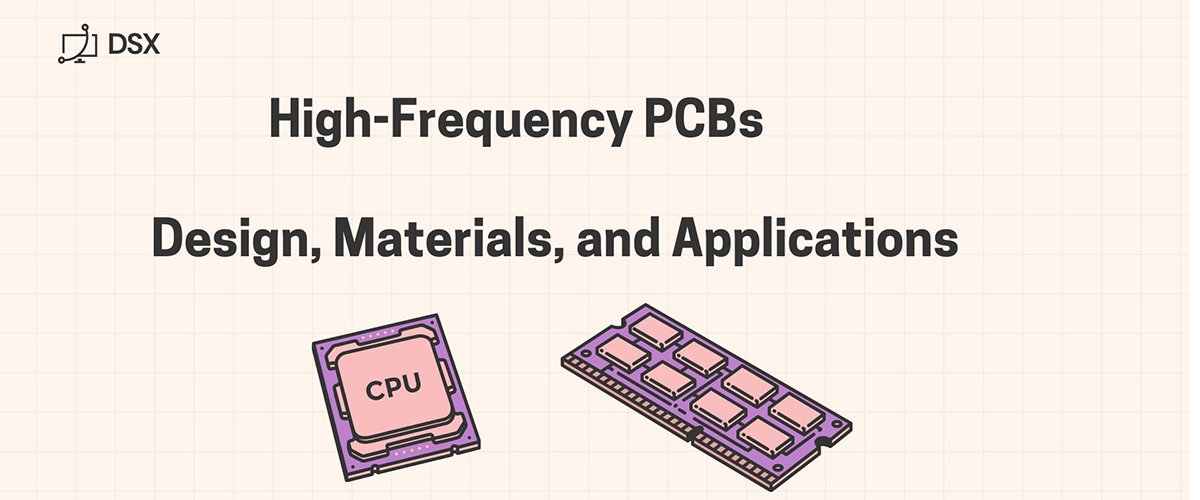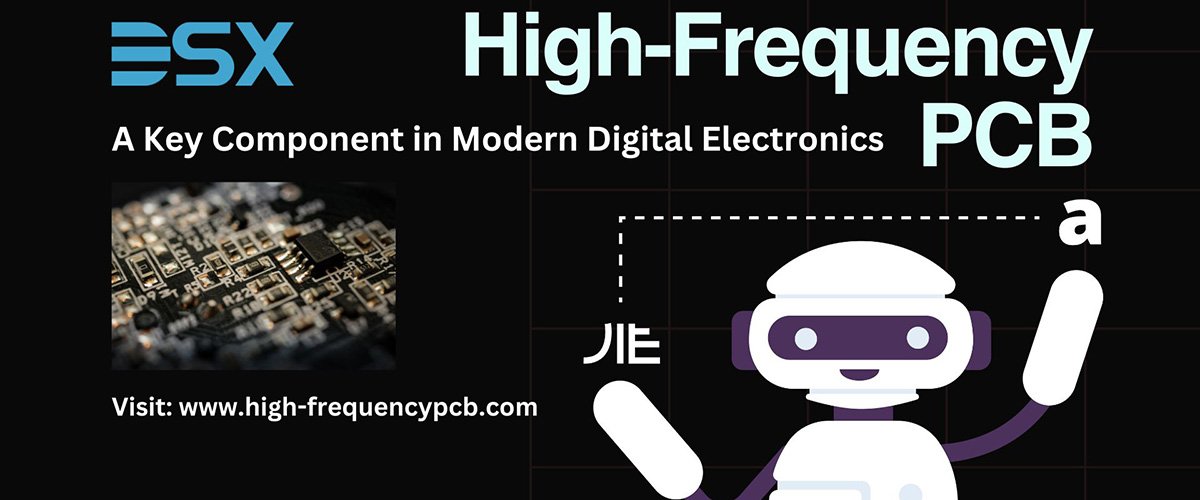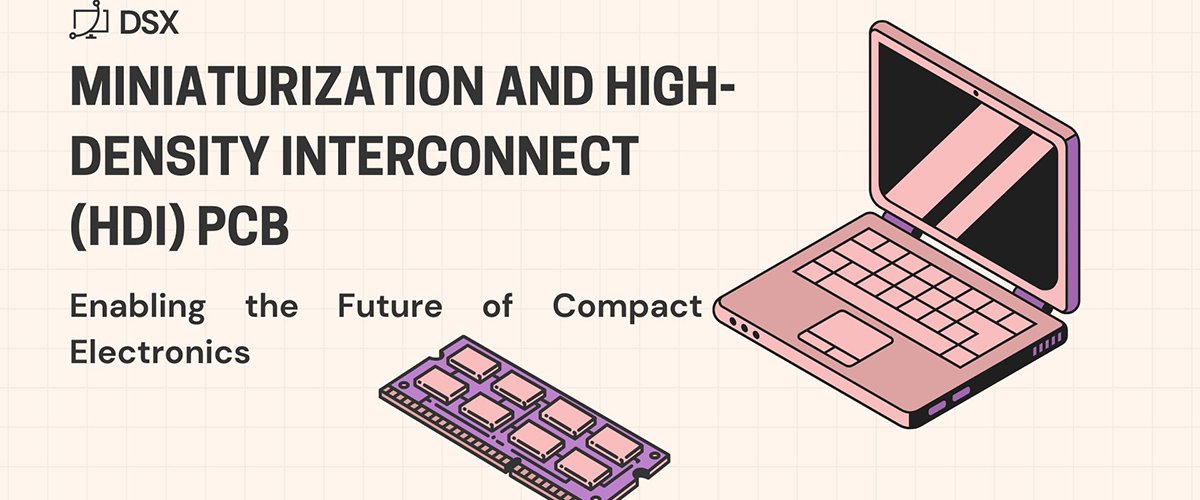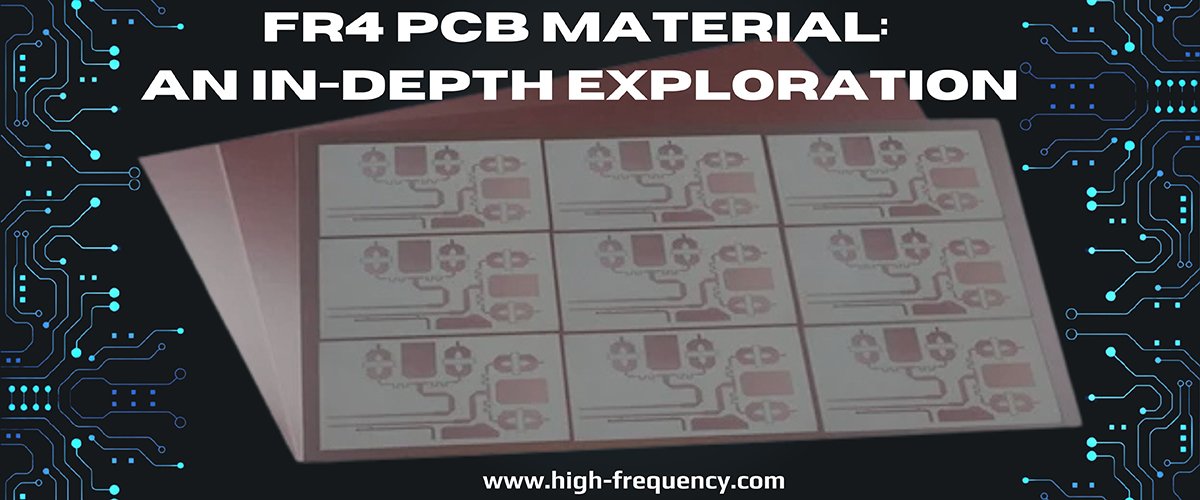High-Frequency PCBs Design, Materials, and Applications

High-frequency PCBs (Printed Circuit Boards) are specialized circuit boards designed to operate at high signal frequencies, typically above 1 GHz. These PCBs are essential for applications requiring rapid signal transmission with minimal signal loss and distortion. Industries such as telecommunications, aerospace, automotive, and medical devices heavily rely on high-frequency PCB technology.
Key Characteristics of High-Frequency PCBs:
High-frequency PCBs must meet stringent performance criteria to ensure signal integrity. Some of the key characteristics include:
>>> Low Dielectric Constant (Dk): Ensures stable signal transmission and minimizes delays.
>>> Low Dissipation Factor (Df): Reduces signal loss and enhances efficiency.
>>> Thermal Stability: High-frequency PCBs need to withstand temperature variations without significant performance degradation.
>>> Impedance Control: Precise impedance matching is crucial for maintaining signal integrity in high-speed circuits.
Materials Used in High-Frequency PCBs:
The choice of materials is critical in high-frequency PCB manufacturing. Some commonly used materials include:
>>> Rogers Materials (e.g., Rogers 4000 Series): Offer low Dk and low Df, making them ideal for RF and microwave applications.
>>> Teflon (PTFE): Known for its excellent thermal and electrical properties, often used in aerospace and radar applications.
>>> FR4 with High-Speed Laminates: Cost-effective but may not be suitable for extremely high-frequency applications.
>>> Ceramic-Filled Substrates: Provide superior performance in high-power RF circuits.
Top Used High-Frequency PCBs:
Several types of high-frequency PCBs are widely used across industries, including:
>>> Rogers 4350B: Known for its excellent electrical stability and low loss, commonly used in RF and microwave applications.
>>> Rogers 4003C: Offers a balance between performance and cost, widely used in communication devices.
>>> Taconic TLY Series: High-performance PTFE-based laminates ideal for microwave and RF applications.
>>> Arlon AD255C: Provides low-loss and high-reliability performance, often used in aerospace and military applications.
>>> Isola Astra MT77: A cost-effective alternative with excellent signal integrity for high-frequency circuits.
>>> Nelco N9000 Series: Known for its low Dk and high thermal stability, widely used in automotive radar systems.
Design Considerations for High-Frequency PCBs:
When designing a high-frequency PCB, engineers must consider the following factors:
>>> Signal Integrity: Avoiding signal loss and interference by optimizing trace width, spacing, and layer stack-up.
>>> Controlled Impedance: Maintaining a consistent impedance throughout the circuit to prevent signal reflections.
>>> Minimal Parasitic Effects: Reducing unwanted capacitance and inductance by using appropriate design techniques.
>>> Thermal Management: Implementing heat sinks, thermal vias, and advanced materials to manage heat dissipation.
>>> Manufacturing Precision: High-frequency PCBs require precise etching and tight tolerances to maintain performance.Applications of High-Frequency PCBs:
High-frequency PCBs are used in various industries where high-speed communication and signal accuracy are essential. Some key applications include:
>>> 5G and Wireless Communication: High-frequency PCBs play a crucial role in the development of 5G base stations and networking equipment.
>>> Radar Systems: Used in defense, automotive, and aerospace for accurate radar signal processing.
>>> Medical Devices: Essential for imaging equipment like MRI and CT scanners, ensuring precise signal transmission.
>>> Satellite and Aerospace Systems: Require high-frequency PCBs for reliable data transmission and minimal signal loss.
>>> Automotive Advanced Driver Assistance Systems (ADAS): Used in collision avoidance, lane departure Warning, and automated driving systems. High-Frequency PCB: A Key Comp
High-Frequency PCB: A Key Comp
 High-Frequency PCBs Design, Ma
High-Frequency PCBs Design, Ma
 Miniaturization and High-Densi
Miniaturization and High-Densi
 FR4 PCB Material An In-Depth E
FR4 PCB Material An In-Depth E
